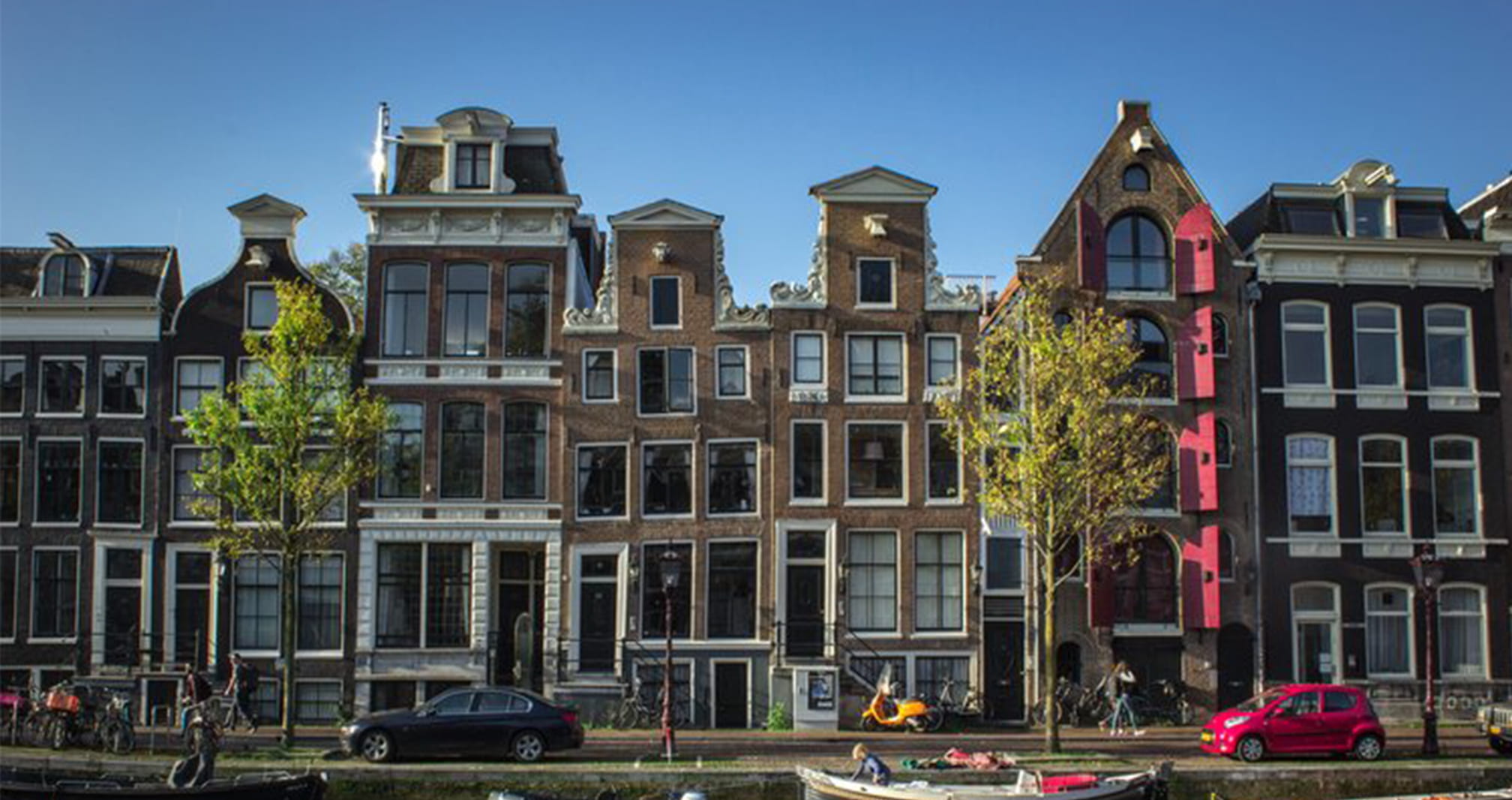News
3 minute read
Hot Spanish scenes at the Enterprise Chamber
-
Marc van Rijswijk
- attorney-at-law | partner
-
Heleen de Bruijn
- attorney-at-law

This blog was written by Marc van Rijswijk and Heleen de Bruijn, lawyers working at Stonewater in Amsterdam. Reading time 4 minutes.
1. THE INQUIRY PROCEDURE AT THE ENTERPRISE CHAMBER OF THE AMSTERDAM COURT OF APPEAL
Often, the inquiry procedure at the Enterprise Chamber of the Amsterdam Court of Appeal is an effective way to resolve disputes within companies. Mostly because the parties generally respect the authority of the Enterprise Chamber and its designated officers. The fact that the latter is not necessarily the case shows a dispute that arose in 2019 between two Spanish shareholders.
2. THE DISPUTE
The Spaniards were shareholders in a number of jointly held companies, including Dutch companies. These companies had been facing acute financial problems. These problems arose, amongst other things, because the two shareholders allegedly withdrew money from the companies in an irregular manner. The two shareholders also could no longer get along with each other. Along with these reasons, the Enterprise Chamber had previously appointed an independent director with a decisive vote and transferred the shares to an official custodian who managed the shares for a definite period. The Enterprise Chamber does this more often to make companies manageable again, so that problems can be subsequently solved.
3. TEMPERAMENTAL BEHAVIOR
While one of the Spaniards seems to respect the authority of the Enterprise Chamber and the officials appointed by it, the other Spaniard seems to choose a different path. He does not repay the funds that he allegedly has withdrawn and he also seems to be counteracting a necessary sale of real estate. For example, his secretary started bankruptcy proceedings against the Spanish subsidiary, whose real estate the independent director wanted to sell. Furthermore, the shareholder himself suddenly also alleges a claim against this subsidiary.
As if all this is not enough, the shareholder also approached the Spanish media. He has the media publish that the officials of the Enterprise Chamber allegedly conspire with the Spanish lawyers of the companies. This so-called cartel, in the opinion of the shareholder, tries to take advantage of the financial difficulties of the companies through corruption and false accusations and this is published in the Spanish media. The shareholder's actions work partially; a number of Spanish lawyers withdraw. However, the Dutch officials and the other lawyers are not deterred. During a shareholders' meeting, the unruly Spaniard goes even further. First off, only after great difficulty, the independent director appointed by the Enterprise Chamber and the company's lawyers are admitted to the shareholders' meeting. Once inside, the Spaniard appears to have brought a bodyguard. This bodyguard subsequently intervenes each time the discussion goes in an undesirable direction for the Spaniard. This even leads to one lawyer being deported from the meeting rather harshly by the bodyguard and another one running out of the meeting in shock. The independent director receives more or less the same treatment.
4. INTERVENTION BY THE ENTERPRISE CHAMBER
Not surprisingly, the Enterprise Chamber intervenes. It usually always does, if its authority or that of the officials appointed by it, are not respected. The Enterprise Chamber rules that the shareholder has acted contrary to what may be expected of him as a person involved in the companies, on the grounds of reasonableness and fairness. According to the Enterprise Chamber, the shareholder is, more specifically, guilty of threats and slander. The Enterprise Chamber orders the shareholder to abstain from statements or conduct that, by its nature, form or content, should be regarded as a threat or slander. The Enterprise Chamber attached a penalty of € 10,000 per violation to this court order, with a maximum of € 1 million. In addition, the Enterprise Chamber recognizes that the real estate of the subsidiary should be sold and in fact stipulates that the shareholder must be abstained from hindering the officers in the sale. The Enterprise Chamber also attaches a penalty of € 10,000 per violation to this court order, with again a maximum of € 1 million.
5. PENALTY PAYMENTS AS A LAST RESORT
In this matter, the Enterprise Chamber imposes a penalty payment. The Enterprise Chamber only does this in exceptional cases. This is particularly seen in cases where the persons involved in the company, are otherwise unable to be brought in line. Moreover, penalty payments imposed by a judge are fairly easy to execute in the Netherlands. In other jurisdictions this is more often a bit harder. Usually, this requires that a Dutch judge must first establish that the court’s orders have indeed been violated.
6. LEGALS ASSISTANCE IN A DISPUTE AT THE ENTERPRISE CHAMBER
The inquiry procedure before the Enterprise Chamber is, under certain circumstances, suitable for remedying wrongdoings within companies and determining who should be held responsible for these wrongdoings. If the persons involved in the company oppose the Enterprise Chamber and / or the officers appointed by the Enterprise Chamber, the situation can sometimes still be turned for the better by court orders and penalty payments. The Enterprise Chamber takes such measures only in exceptional cases.
*****






